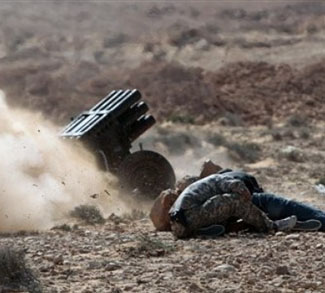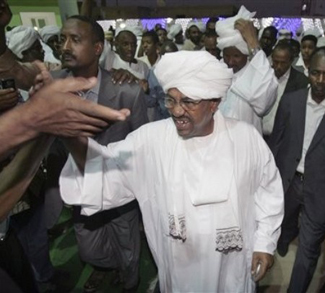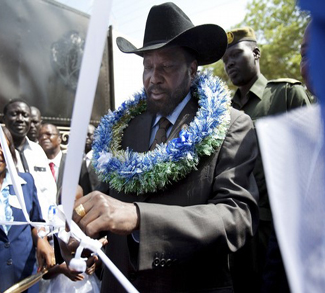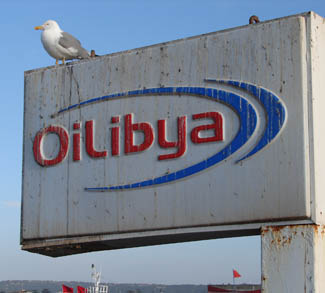One might have gotten the impression that the wave of democratization which started in Tunisia and quickly spread to Egypt was destined to sweep through the entire region, leaving nothing an autocratic resonance in its wake. Libya however has changed the tone of this historical transition, and now only two things can be certain: The outcome in Tripoli will effect whether or not democratic ripples continue, and it will likely take a long time to arrive at said outcome.
There are several factors indicating that the Libya crisis is destined to take a long time to resolve. First and foremost is the structure of the Libyan military. Colonel Gaddafi himself originally came to power via a military coup in 1969, and he has consequently always feared an overly powerful military that could do the same to him that he once did to King Idris. Thus, the Libyan military is lacking in the resources and strong leadership that could make it a central player in the civil war currently unfolding on Libyan soil. Colonel Gaddafi has instead chosen to rely on paramilitaries, or a ‘parallel army,’ that pledges allegiance specifically to the Gaddafi regime.
On top of paramilitary security forces, the Gaddafi regime has also called in mercenaries to help deal with the current insurrection. According to the BBC, members of the Tuareg community in Mali have been flooding into Libya to the tune of over 300 per week, chasing promises of high wages if they join the fight on the government’s side. There have also been several reports from Tripoli that claim the most violent attacks against protesters have been coming at the hands of foreign mercenaries. It seems that the Gaddafi regime has entrenched itself into a battle plan of using paramilitaries and foreign mercenaries to fight a protracted civil war. In short, we should not expect to see any decisive wave of military insubordination or defections, as was the case in Egypt.
As is often the case, the most critical piece of evidence pointing to a long conflict is amazingly simple: what both sides stand to lose if they blink. Colonel Gaddafi and his family will balk at offers of asylum in Nigeria or elsewhere, fearing an eventual indictment from the International Court for crimes against humanity. They will also be well aware that any rebel-run government will seek out some degree of revenge for years of torment and repression suffered under the Gaddafi regime. Likewise, the rebels will be well aware that they will be systematically hunted down and eliminated if the ever-security conscious Gaddafi is allowed to once again consolidate his grip over the whole of Libya. In short, it’s going to be a fight to the death, and a quick and painless end to the conflict will likely remain elusive.
As for the wave of revolutionary democracy sweeping through Africa and the Middle East, Libya will be its crucible. Both autocratic rulers and their repressed populations will be looking to Libya for an answer to the ever-important question: can democracy still be stifled by force of arms or has it reached a historical tipping point? The answer will determine the future course of political developments in the region.




